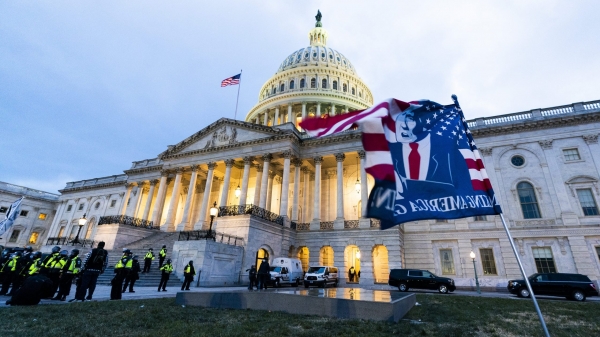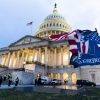By Brandon Moseley
Alabama Political Reporter
Responding to Tuesday’s U.S. Supreme Court decision tossing out Section 4 of the 1965 Voting Rights Act, Alabama Governor Robert Bentley (R) praised the decision in Shelby County versus Holder.
Governor Bentley said, “Alabama has made tremendous progress over the past 50 years, and this decision by the U.S. Supreme Court recognizes that progress. We will not tolerate discrimination in Alabama.”
The Governor acknowledged that not everyone was treated fairly in the state’s past. Gov. Bentley said, “Fifty years ago, there were valid reasons this law was passed. But even though conditions changed over time, the Section 4 test of the Voting Rights Act did not. As Chief Justice Roberts said when he delivered the Supreme Court’s opinion, ‘history did not end in 1965,’ and ‘history since 1965 cannot be ignored.’
Further, he said, ‘The Fifteenth Amendment is not designed to punish for the past; its purpose is to ensure a better future.’”
Governor Bentley continued, “The ruling also notes that the Tenth Amendment ‘reserves to the States all powers not specifically granted to the Federal Government, including “the power to regulate elections.”’ And the ruling continues to say, ‘There is also a “fundamental principle of equal sovereignty” among the States, which is highly pertinent in assessing disparate treatment of States.’ Also, the ruling says, ‘The Voting Rights Act sharply departs from these basic principles. It requires States to beseech the Federal Government for permission to implement laws that they would otherwise have the right to enact and execute on their own.’”
The conservative Governor said, “Today’s ruling is historic. It reflects how conditions have improved since 1965. And as Chief Justice Roberts also said, this ruling returns us to the principle that all states enjoy equal sovereignty.”
Alabama Attorney General Luther Strange (R) said, “Our initial conclusion is that Alabama is no longer subject to the preclearance requirements under Section 5. We expect significant savings for Alabama taxpayers because neither the State nor local governments will have to expend time, money and effort on submitting routine changes to voting laws to Washington, D.C., for approval.”






















































